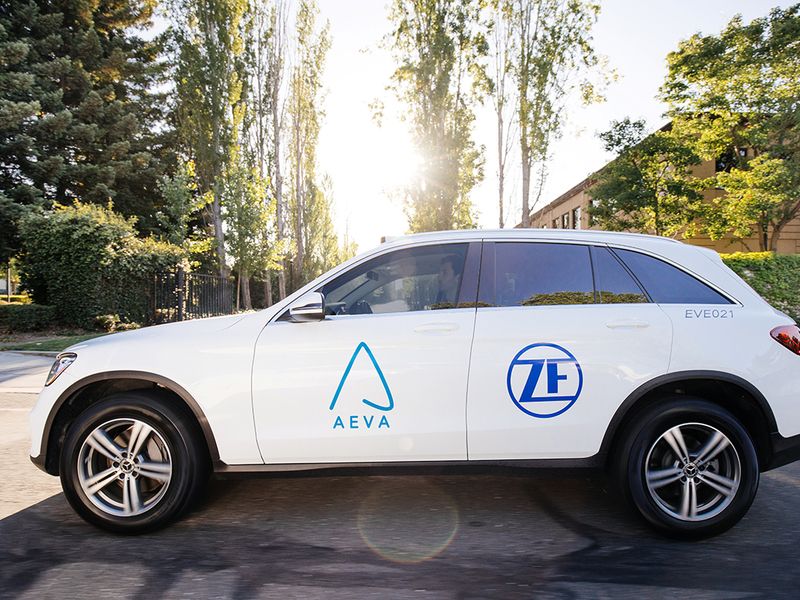
Aeva Inc., a Silicon Valley firm developing a lidar sensor for self-driving cars to perceive their surroundings, said Monday it has agreed to go public through a merger with special-purpose acquisition company InterPrivate Acquisition Corp.
The deal makes Aeva the third lidar technology developer to agree to go public this year through a deal with a special-purpose acquisition company, following Velodyne Lidar Inc. and Luminar Technologies Inc.
The merger with InterPrivate, which values Aeva at more than $2.1 billion, will give it a cash injection of more than $300 million to develop sensors for phones, tablets and other consumer devices.
InterPrivate is a SPAC led by private equity investor Ahmed Fattouh. It raised $210 million in an initial public offering in February.
A SPAC is a shell company that uses proceeds from an IPO to acquire a private company, typically within two years. For the company, merging with a SPAC is an alternative to going public through a traditional IPO.
Founded by ex-Apple Inc. engineers Soroush Salehian and Mina Rezk, Aeva makes a lidar unit that competes with Velodyne, Luminar and others to give self-driving cars a three-dimensional view of the road.
Aeva’s sensors also detect the speed of distant objects to help distinguish pedestrians from stationary features.
Aeva says its sensor does not rely on powerful lasers or exotic materials, which has helped it to shrink the cost and size of the device.
The company has signed a sensor-system deal with an Audi-owned unit that is working on self-driving technology for Volkswagen Group and is working with German automotive supplier ZF Friedrichshafen to have its sensors in mass production by 2024.
Aeva intends to use the proceeds from the InterPrivate deal to expand its sensor development to consumer electronics, Salehian told Reuters in an interview.
“We want Aeva inside not just highly assisted or autonomous vehicles, but across a number of applications,” he said.
An increasing number of devices, such as Apple’s new iPad Pro and iPhone 12 Pro models, include lidar sensors that help with applications such as augmented reality, in which digital content is overlaid on the real world.
The lidar sensors in current consumer devices, however, have an effective range of about 5 meters (5.5 yards), Salehnian said. He said Aeva believes that it can develop a sensor by 2024 that will have an effective range of 30 meters (33 yards) or more. The company hopes to get the cost of the sensor down to about $10.
Aeva is also backed by venture capital firms Lux Capital and Canaan Partners as well as Porsche Automobil Holding SE , the majority-voting shareholder of Volkswagen.
The deal is expected to close in the first quarter of 2021, after which Aeva will trade on the New York Stock Exchange under the ticker “AEVA”.